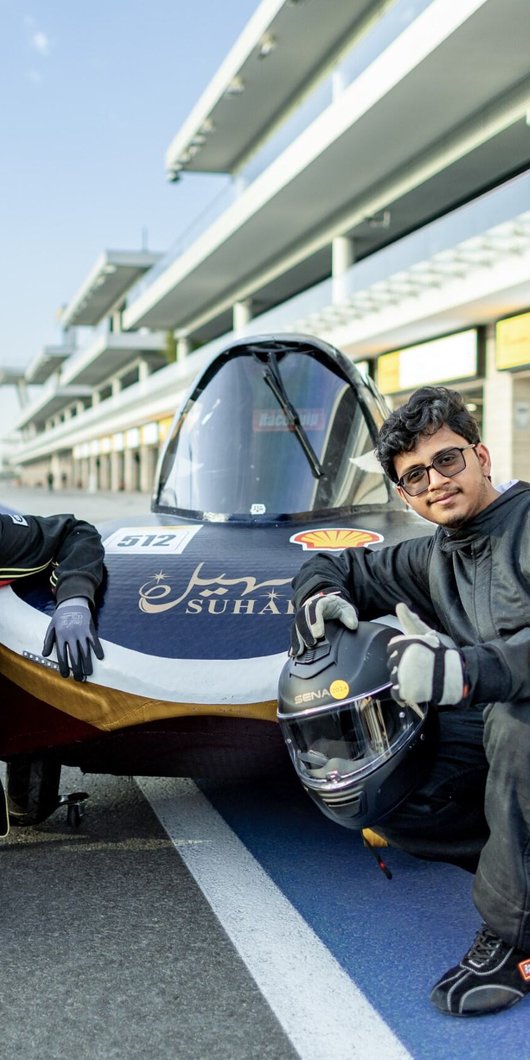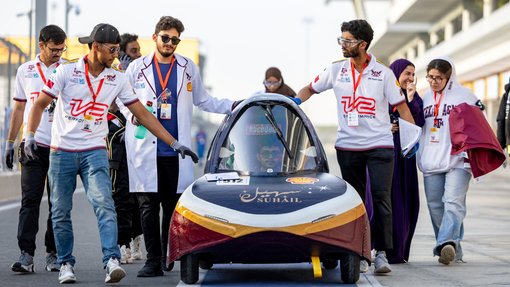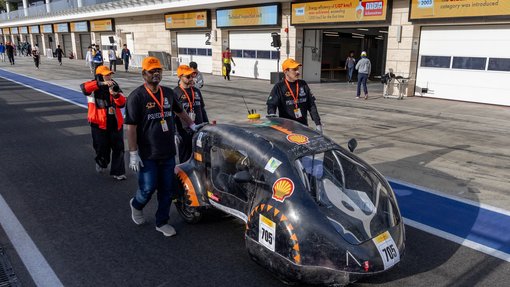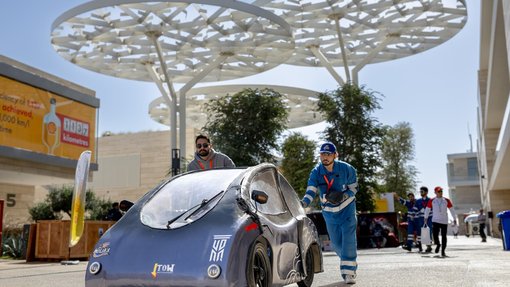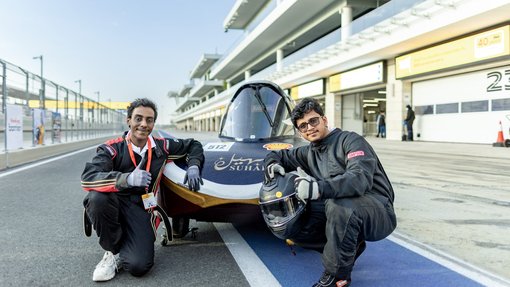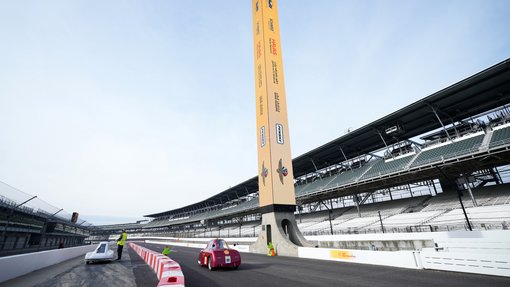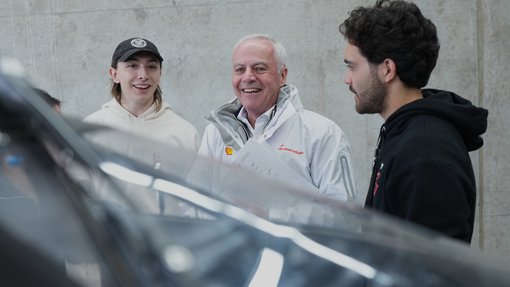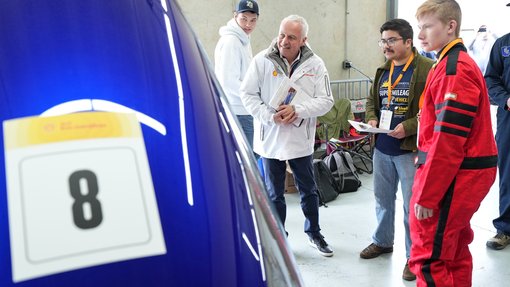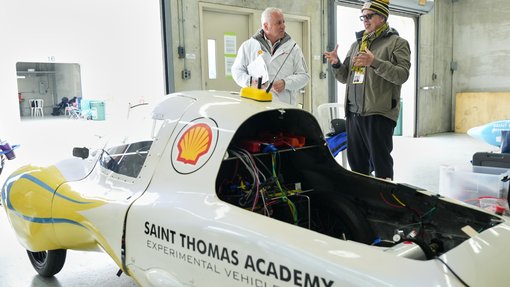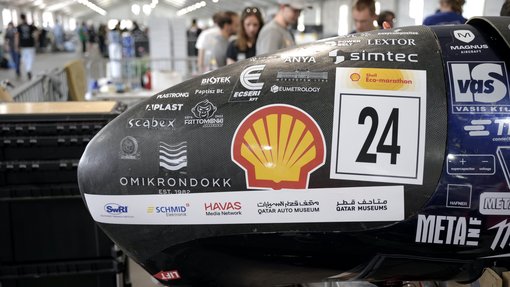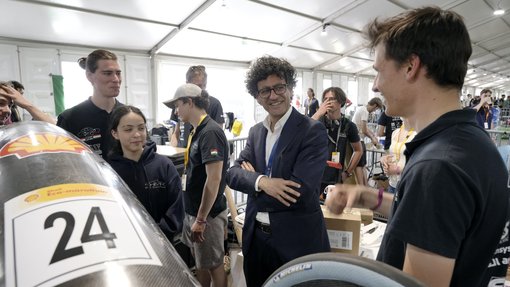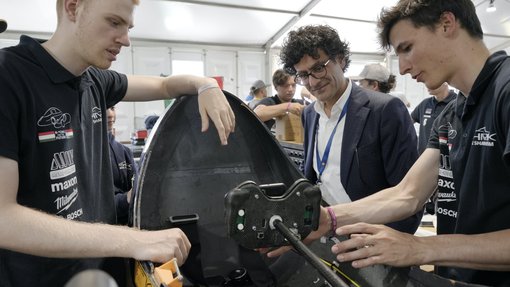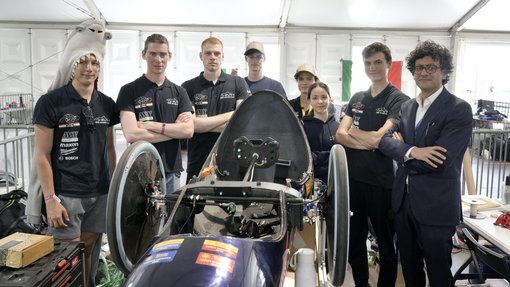Shell Eco-marathon Asia-Pacific and the Middle East 2025
Held under the patronage of H.E. Sheikha Al Mayassa Bint Hamad bin Khalifa Al Thani, the event brought together over 60 teams from 12 countries, reinforcing Qatar’s commitment to advancing automotive design and sustainability.
The competition provided a platform for young engineers to push the boundaries of energy efficiency in vehicle design. Students developed vehicles that maximised fuel efficiency through rigorous design and engineering processes, addressing real-world energy challenges. The event also launched the Vehicle Design Off-Track Award in partnership with Shell, recognising outstanding vehicle design in Prototype and Urban Concept categories. Attendees were given a behind-the-scenes look at the engineering process, with interactive displays and expert talks on the latest advancements in energy-efficient mobility. The event highlighted the importance of sustainable solutions in the automotive industry and encouraged participants to explore careers in automotive engineering and green technology.
Qatar Auto Museum received 22 applications for the Vehicle Design Off-Track Award, with 15 submissions in the Prototype category and 7 in the Urban Concept category, representing teams from nine countries: Brunei, China, Egypt, Indonesia, India, Malaysia, Pakistan, Qatar, and Saudi Arabia. The judging criteria assessed aesthetics, ergonomics, technical feasibility, aerodynamics, and sustainability practices, with each aspect contributing 20% to the final score.
